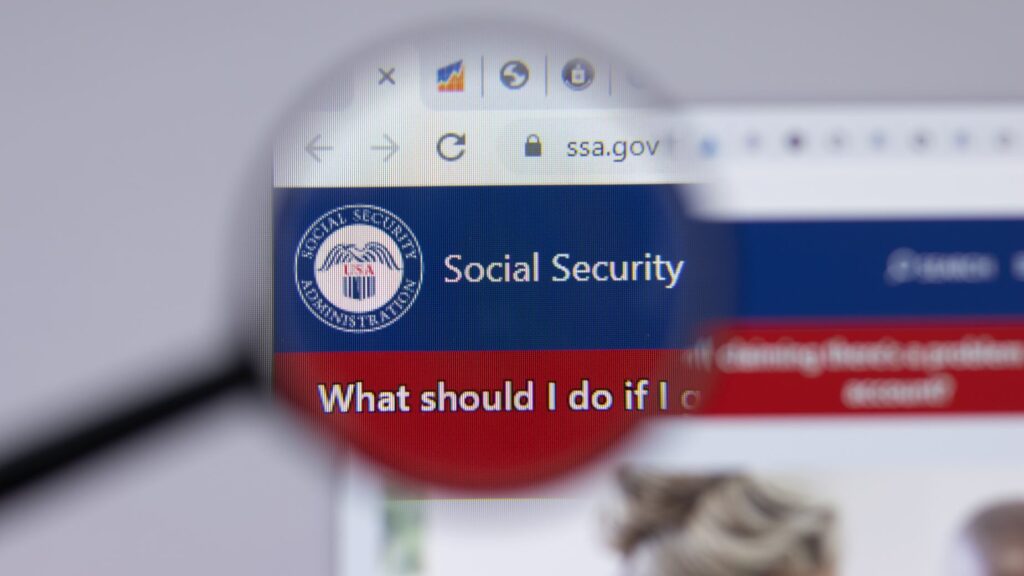The Social Security Administration (SSA) has come under scrutiny for its continued failure to address improper payments, according to a recent report from its own watchdog. The SSA’s Office of the Inspector General (OIG) has criticized the agency for failing to implement key recommendations aimed at reducing the billions of dollars in improper payments that have been made in recent years. These improper payments fall into two categories: underpayments, where beneficiaries receive less than they are owed, and overpayments, where beneficiaries receive more than they are entitled to.
From fiscal years 2015 through 2022, SSA is estimated to have made nearly $72 billion in improper payments, most of which were overpayments. By the end of fiscal year 2023, SSA’s balance of uncollected overpayments had reached a staggering $23 billion. The OIG report underscores the urgency of the situation, stating, “SSA must be a responsible steward of the funds entrusted to it by minimizing the risk of making improper payments and recovering overpayments when they occur.” The report also highlights SSA’s failure to adopt many of the OIG’s prior recommendations that could have significantly mitigated the problem.
The report details the SSA’s failure to implement several key recommendations that would improve its processes for recovering overpayments and issuing underpayments. When the OIG first urged the SSA to take action in 2018, the agency responded with plans to implement a “comprehensive debt management product.” However, this initiative was abandoned in 2024 due to a lack of funding. This continued failure to address the problem prompted a pointed critique from Michelle L. Anderson, Assistant Inspector General for Audit and Acting Inspector General, who stated, “Improper payments have been a long-standing challenge for SSA. While the Agency has taken steps to address this challenge, it needs to do more, and the OIG’s recommendations can help guide the Agency as it determines those corrective actions. Without better access to data, increased automation, systems modernization, and policy or legislative changes, improper payments will continue to be a significant challenge for SSA.”
The severity of the problem was underscored by another recent OIG report, which found that SSA had made more than $1.1 billion in improper payments to a sample group of 528,000 beneficiaries as of February 2024. This report also highlighted inefficiencies in SSA’s processes, noting that the average processing time to resolve an improper payment was an astonishing 698 days.
Social Security Changes to Address the Problem
In response to growing concerns about the burden that overpayments place on beneficiaries, many of whom receive these overpayments through no fault of their own, the SSA has announced a change in its recovery practices. Previously, the Agency could recover the full amount of an overpayment by withholding 100 percent of an individual’s monthly Social Security benefit. However, in an effort to reduce the financial burden on beneficiaries, the SSA has decided to limit the amount it recovers to 10 percent of a person’s monthly benefit.
SSA Commissioner Martin O’Malley has emphasized the importance of this change, stating, “Social Security is taking a critically important step toward our goal of ensuring that our overpayment policies are fair and equitable and do not unduly harm anyone”. He also highlighted the dire consequences that could result from the previous policy, noting, “It is unconscionable that someone could face homelessness or be unable to pay bills because Social Security withheld their entire payment to recover an overpayment.”
The SSA maintains that it is required by law to adjust benefits or collect debts when it is determined that someone has received payments to which they are not entitled. An SSA spokesperson, in a statement to Newsweek, reiterated the agency’s duty, stating, “Social Security is required by law to adjust benefits or collect debts when we determine that someone has received payments to which they are not entitled and an overpayment occurs. We must uphold our responsibility to the taxpayers to be good stewards of the trust funds.”
Despite these efforts and statements, the ongoing challenges highlighted by the OIG suggest that SSA has significant work ahead to address the systemic issues that contribute to improper payments.

